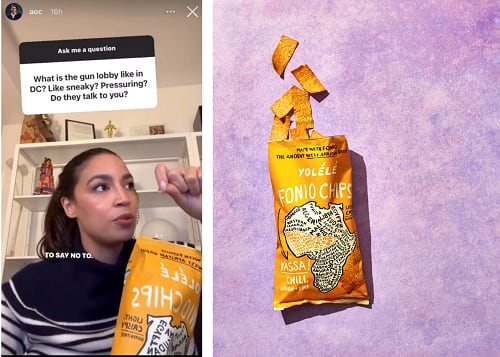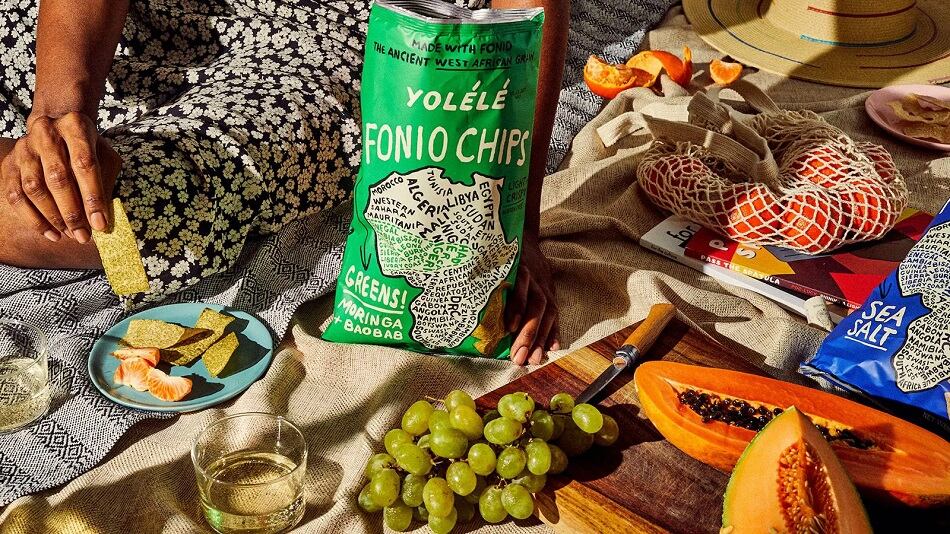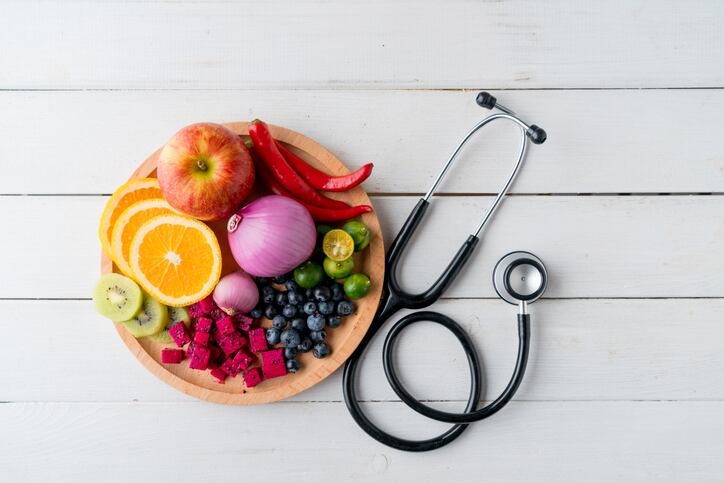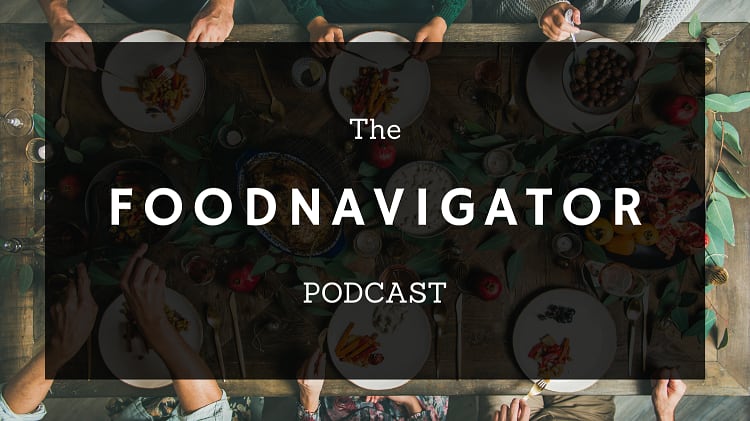"In terms of awareness of fonio, when we were starting out we had to explain to every person, what fonio is. We still have to explain that to many, but an increasing percentage of people that we encounter, whether it’s consumers while doing a demo or at a tradeshow, now recognize it," said Teverow.
"We have certainly made headway. But is it a household name? Not in the sense of Oreos."
Yolélé fonio products are now sold nationwide at Whole Foods and Target, and its newer products, pilaf mixes (launched in 2020) and chips (launched in 2021) are performing very well in a smaller circle of retail distribution within the independent retail channel, said Teverow.
Outside of the key nutritional properties of fonio (e.g. gluten-free, a good source of iron and B vitamins thiamin and niacin), consumers are arguably even more drawn to the convenience aspect of the product, noted Teverow.
"The thing that turns on people the most is that it cooks in five minutes. That’s a godsend in the kitchen," he said.
Recently, the brand launched its chips line using fonio as an ingredient available in flavors including sea salt, Yassa (bright habanero chili, sweet caramelized onion and zesty lime), and Greens (moringa leaf and citrusy baobab fruit), which Teverow said has introduced the brand to a larger audience (American politician and activist Alexandria Ocasio-Cortez included).

"The reason why we selected chips is it’s a relatively low barrier to consumers; everyone likes a salty snack... and it’s not that much of a risk to buy this bag of chips over another. And the nature of the chips category is that it moves quickly, therefore retailers allocate more space to it. So you can achieve visibility in a retail setting much more easily with a bag of chips than you can with a bag of fonio or pilaf mix," said Teverow.
"They’ve been doing very well in the distribution that we’ve achieved so far, and we’ve found wide open doors among retailers who want to support black-owned businesses."
'Fonio’s capacity for gelling and pasting is something like 40% higher than rice flour'
Beyond the consumer selling proposition and value, Teverow share how fonio makes for an attractive functional ingredient in other food formulations.
"It has very strong gelling and pasting properties. Fonio’s capacity for gelling and pasting is something like 40% higher than rice flour, so a food manufacturer can use much less fonio flour to achieve the same functional results in their products," said Teverow.
This technical advantage could open the door to more partnerships on the b2b side for Yolélé, which has been fielding interest from global CPG manufacturers since establishing the company.
Establishing and supporting global demand for fonio
According to Teverow, fonio has been of interest to many large multinational food and beverage companies, which have approached Yolélé about sourcing fonio from the company. But until recently, the company has been limited by capacity and processing constraints in West Africa where it sources all of its fonio.
"In the beginning, the first thing we learned about fonio was that it wasn't really ready for scale," said Teverow, adding that the original vision for Yolélé and fonio as a whole was for it to be as widely-used as other ingredients such as cassava, rice, and quinoa.
"If that was going to be the case, we needed there to be processing both in terms of quality and quantity of large processors like Unilever and Mondelez," he said.
Teverow noted how that required significant efforts to consolidate, optimize, and improve the processing of fonio.
"We have come up with a technical solution for processing fonio effectively and efficiently reducing post harvest losses dramatically so even without growing any more fonio, we can double the amount of fonio available in the world," he said.
The company has gone one step further and secured $1.98m from the U.S. Agency for International Development (USAID) West Africa Trade & Investment Hub (Trade Hub) through Prosper Africa earlier this year to build a facility in Mali capable of processing 2 tons of fonio per hour and run 24/7.
"It is being built to supply not only the Yolélé brand but with the explicit intent to also supply the likes of Nestlé, Unilever, and Mondelez. They’re definitely actively interested, and what turns them on I think is that they all have a mandate to achieve sustainable goals, and this is a way they can do that," said Teverow, adding that fonio is a drought-resistant crop requiring little water or additional pesticides, herbicides, or fertilizer to grow.
In addition to the facility in Mali, Teverow shared that the company is establishing an export hub in Senegal to tap into new international markets where interest is also high for fonio.
"We've had a lot of requests for our products in Europe, South America, the Middle East, and Oceania," Teverow said.
Hot cereal, fonio flour blends, spices...
With the additional capacity coming online for the company, Teverow noted how the company has to stay focused on what it can do best and where it can add the most value as a small West African Foods company, part of which is strategic new product introductions to grow brand awareness.
"We do have hot cereal that we’re working on as well as fonio flour blends that be exchanged cup for cup with wheat flour. We also have a line of spice blends coming out later this year, because part of what we do is allow people to experience the exciting flavors of West Africa," he said.




